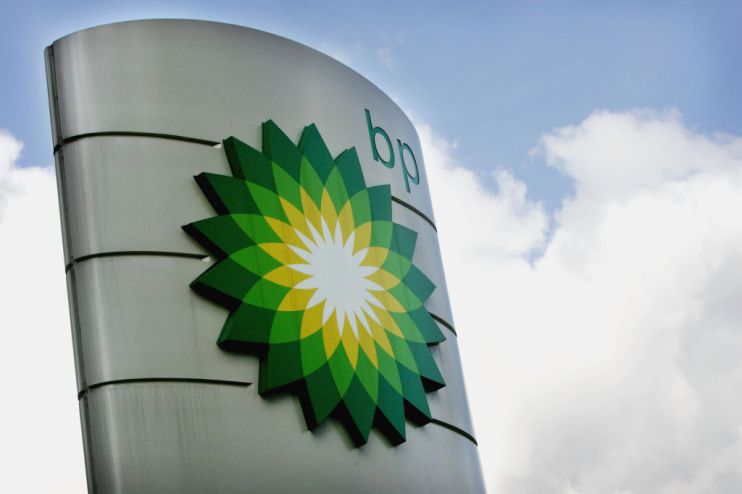Windfall windbags: Labour calls for tougher tax after BP profits

Windfall tax-backing politicians were yesterday described as “completely out of ideas” after calling for the already swingeing levy on North Sea operators to go further.
The calls were triggered by healthy first quarter profits for BP of around £4bn, announced to markets yesterday morning.
Labour’s shadow energy secretary Ed Miliband said the firm was enjoying the “unearned windfalls of war”, although analysts noted the price of natural gas is now lower than it was in the aftermath of Russia’s invasion of Ukraine.
Lib Dem leader Ed Davey, meanwhile, said the profits were a “kick in the teeth” to Brits struggling with the cost of living.
The so-called energy price levy, introduced by then-Chancellor Rishi Sunak, hits North Sea oil and gas operators with an extra tax reflecting the significant increase in the wholesale price of energy in the weeks and months after Putin’s war began.
BP said yesterday they paid around half a billion pounds in UK tax in the first three months of the year, just below a half of that due to the windfall tax.
Critics at the time said the levy would harm investment, despite a carve-out that allows UK-based investment to be in part written off.
Those sceptics appear to have been proven correct with Harbour Energy, the largest North Sea oil and gas operator, blaming the levy for job cuts.
Chief executive Linda Z Cook told City A.M. last night that the existing levy had “all but wiped out our profit for the year” and driven the firm “to reduce our UK investment and staffing levels”.
Her calls were echoed by some on Conservative benches.
Douglas Ross, the Scottish Tory leader, said calls for a heftier windfall tax was “playing to the gallery” but stopped short of calling for an outright reversal of the policy, while Thatcherite Tory MP Sir John Redwood said the windfall levy had become a “further rise in general business taxation”.
Fellow backbencher Sir Robert Syms is calling for a price floor in the levy to “safeguard investment” – where the tax would not be applicable when oil and gas prices decline to conventional levels.
Michael Hewson, chief markets analyst at CMC Markets, said “politicians across our divide are completely out of ideas when it comes to dealing with the challenges facing the UK economy”.
BP produced better-than-expected revenues and profits, though the fall in oil and gas prices in recent months is likely to be felt in the coming year.
BP shares fell around four per cent on the day.